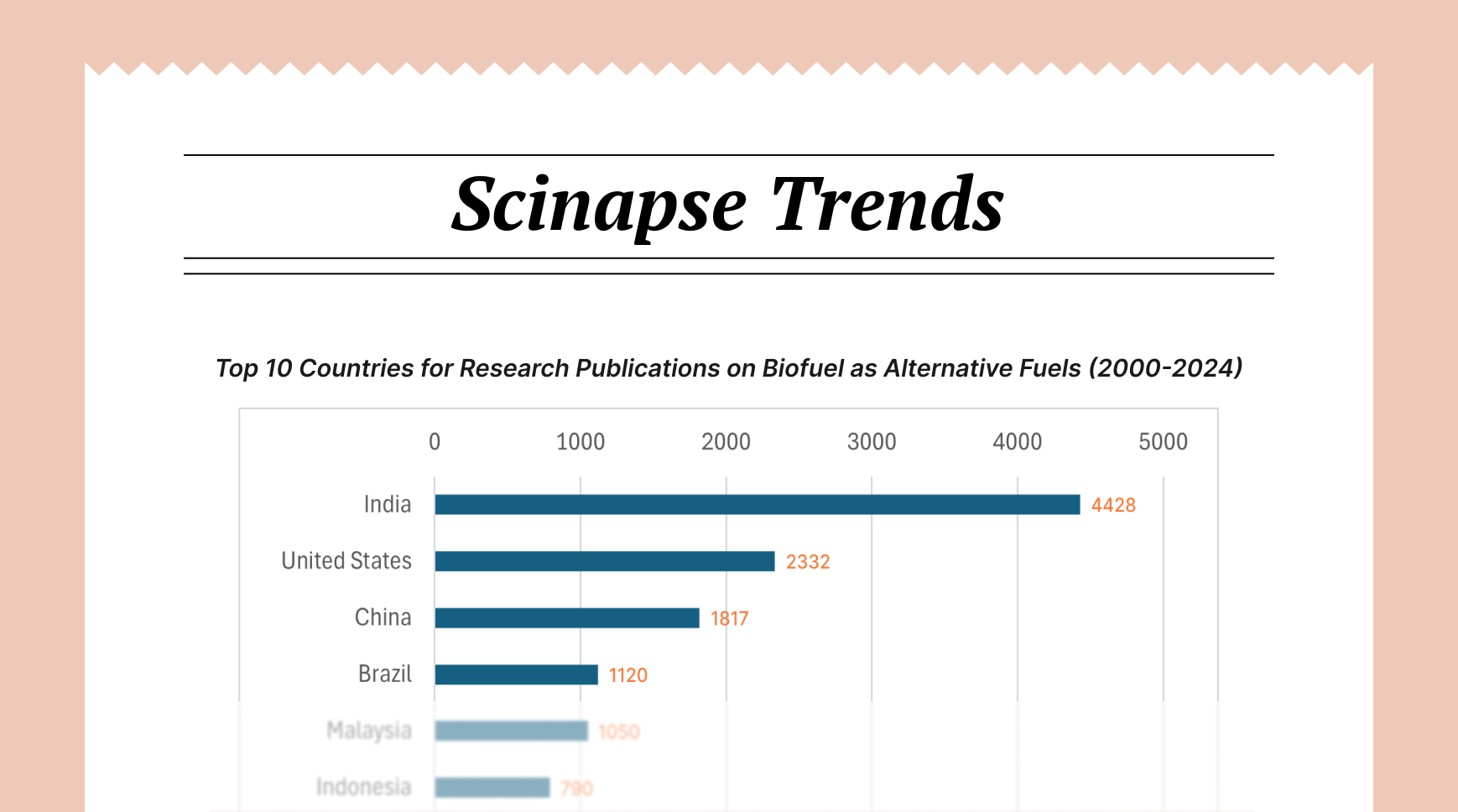Being a Successful Researcher in the Age of AI: 3 Key Factors to Consider

The introduction of artificial intelligence (AI) has heralded a new era of scientific inquiry, dramatically altering research across fields. As AI systems expand and integrate into new domains, researchers face enormous potential and problems. Let's look at the three most important factors that lead to a successful researcher in the AI era.
1- Interdisciplinary Expertise
The intersection of AI and traditional academic disciplines has produced an urgent need for multidisciplinary knowledge. Successful researchers in the AI era must have a distinct set of talents that encompass both their specific field of study and their readiness to embrace AI and machine learning.
Understanding AI basics is critical for academics to effectively use these technologies in their work. Maintaining deep domain-specific expertise is also critical, since it allows researchers to uncover relevant AI applications in their field and analyze results in context.
Several case studies demonstrate the power of interdisciplinary AI research. For instance, in the field of drug discovery, researchers combining expertise in biochemistry, pharmacology, and machine learning have developed AI models that can predict potential drug candidates with unprecedented speed and accuracy.
2- Ethical Considerations and Responsible AI
As AI becomes more common in research, ethical concerns have taken center stage. Successful researchers understand the value of addressing ethical concerns and incorporating responsible AI techniques into their work.
The key ethical problems in AI-driven research are:
- Bias and fairness: AI systems should not reinforce existing biases in data or decision-making processes.
- Transparency and explain ability: Ensuring AI models provide clear explanations for their outputs, especially in high-stakes applications.
- Privacy and data protection: Ensuring sensitive information and individual privacy rights when handling massive datasets.
Researchers who proactively address these ethical considerations have a competitive edge. They are better positioned to acquire funding, interact with a wide range of partners, and generate research that is both rigorous and has a good societal impact.
Integrating ethical frameworks into research methodology entails taking into account the potential repercussions of AI applications, consulting with affected populations, and putting in place risk-mitigation measures. Successful researchers frequently cooperate with ethicists and policymakers to ensure that their study is consistent with ethical principles and society ideals.

3- Collaborative and Distributed Research Paradigms
AI has transformed the way research is conducted, allowing for new levels of research collaboration across geographic and institutional borders. Successful researchers accept new paradigms and use them to strengthen the work they do.
Distributed research teams provide various advantages:
- Collaborating with researchers from various backgrounds and specialties can result in new and comprehensive answers.
- 24/7 research cycles enable teams across time zones to make continual work on projects.
- Collaboration enables researchers to access global databases and computing resources.
However, managing AI-enabled partnerships has unique obstacles, such as cross-time zone coordination, data security, and clear communication. Successful researchers devise techniques to overcome these obstacles, such as the use of project management tools, the establishment of explicit standards for data sharing, and the promotion of open communication.
Keeping Up With the AI Era for a Successful Researcher Career
As AI advances, the link between human researchers and AI systems will become more symbiotic. AI will improve human capacities, allowing researchers to tackle more complex issues and analyze massive volumes of literature. Simultaneously, human creativity, critical thinking, and ethical judgment will continue to be crucial in guiding research direction and guaranteeing its good social impact.
The future of research in the AI-driven scientific scene looks promising for those who can negotiate its intricacies. By focusing on these three critical areas, researchers may place themselves at the cutting edge of scientific discovery and innovation, propelling development in their fields and contributing to the responsible advancement of AI technology.
written by Uttkarsha B
Never re-search again.
Scinapse is made by researchers for researchers.
Join the next generation of research at ⏯️ https://scinapse.io/
Pluto Labs
Pluto Labs helps researchers focus on their research by improving several inefficiencies in the academic research process. We offer data-driven insights from academic papers, allowing users to easily obtain review-level results for their desired range of papers.
https://pluto.im/





Comments ()